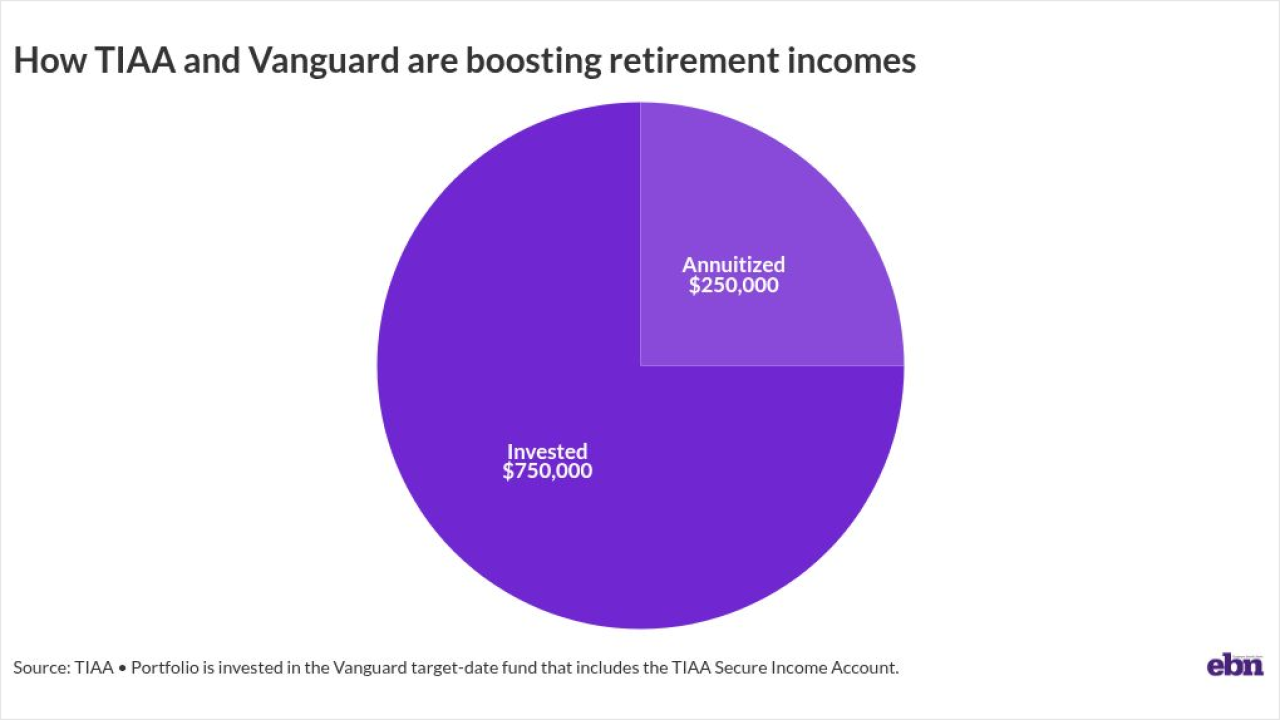According to data from KFF, over 12% of Americans have tried these medications and nearly 40% using them solely for weight loss. But as access remains limited — often by cost or insurance coverage — companies are now evaluating how, or whether, to include these drugs in their benefits packages.
"In the last few years, a lot of the conversation around obesity has been on the interest in GLP-1s and their cost," Elina Onitskansky, founder and chief executive of Ilant Health, previously shared with EBN. "We believe that GLP-1s are an important tool to address obesity, but think it's critical to focus the conversation not on a specific treatment, but broadly on the importance of treating obesity in a sustainable way to improve health, longevity and well-being — as well as the bottom line."
Growing demand for GLP-1s as a workplace benefit
Despite the buzz, most Americans are still cautious: 66% worry about becoming dependent on the medication, and 70% fear regaining the weight after stopping. Even so, younger generations are embracing the shift — nearly one-third of millennials and Gen Z say GLP-1 drugs would be their preferred weight loss method, and more than 1 in 4 say they'd be more interested in a job if it included access to these medications.
Read more:
Recognizing the growing interest in GLP-1 medications, some employers are exploring ways to offer them as part of their health and wellness benefits — either directly through insurance or by
Yet the idea remains polarizing. Only 14% of Americans believe insurance should cover weight loss drugs for everyone, the survey found. A larger group supports more limited coverage, only for those with medical conditions like obesity. And many remain undecided, reflecting broader uncertainty around fairness, affordability and long-term outcomes.
Alternative benefits for sustainable weight loss
Read more:
Mental health and weight loss coaching can address the behavioral side of weight management, supporting long-term success beyond quick fixes. Similarly, app-based health programs that gamify progress, offer habit tracking, and build online communities may resonate with younger employees accustomed to social media-driven wellness trends.
Employers can also consider implementing incentive-based wellness programs that reward healthy behaviors — such as reaching activity goals or maintaining balanced nutrition — with perks like reduced insurance premiums or bonuses. Taken together, these benefit strategies create a more holistic and inclusive approach to weight management that doesn't rely solely on medical interventions.
"There's no debating that GLP-1 medications have a ton of great proven outcomes for people with diabetes and people with obesity," Kristin Hall, VP of clinical programs and patient experience at apree health, previously told EBN. "But the unit price of these drugs is substantially high in the United States. It's essential for employers to focus on behavior change alongside medication so employees can reach their goals."






